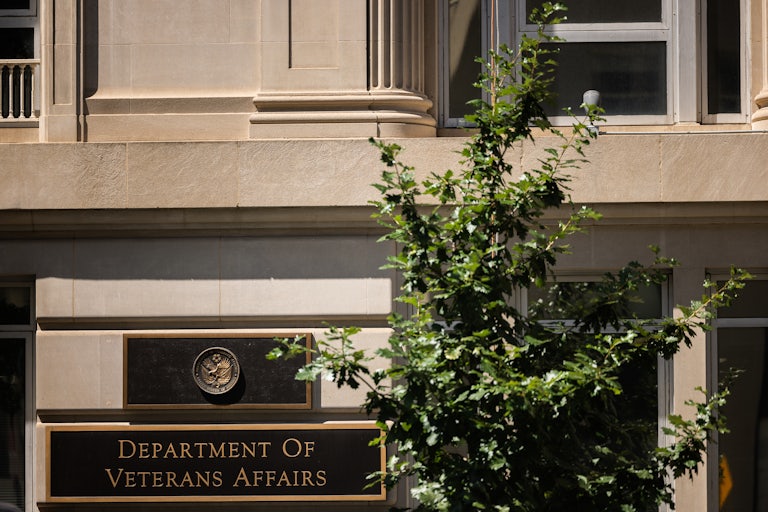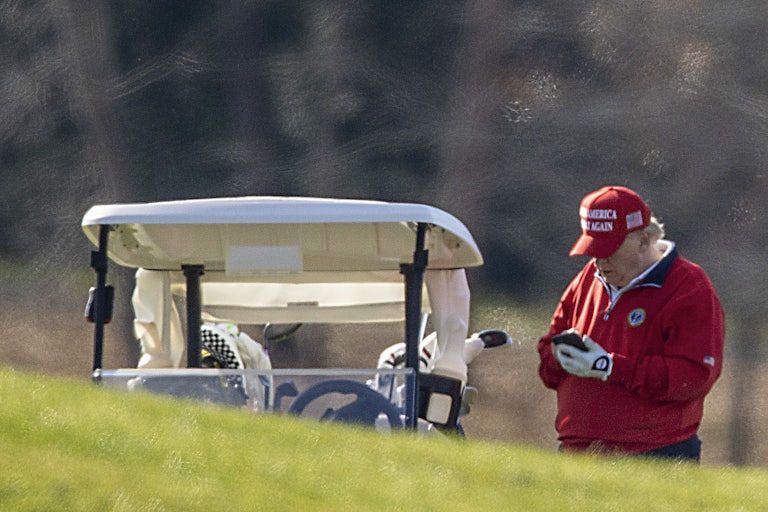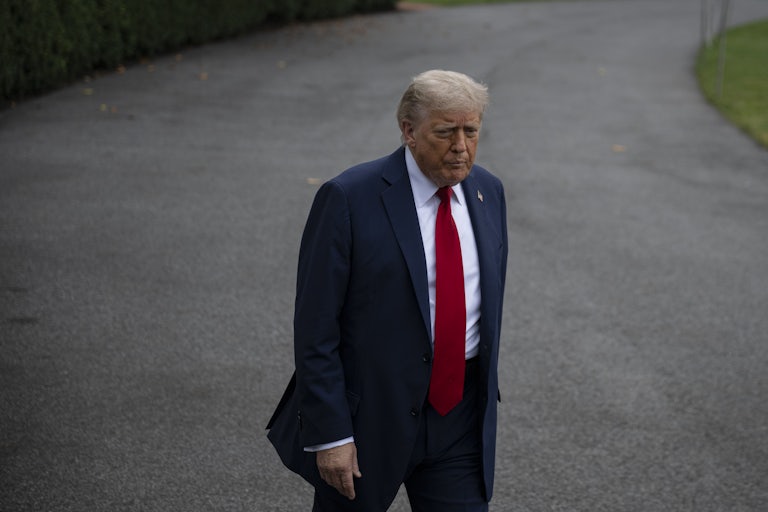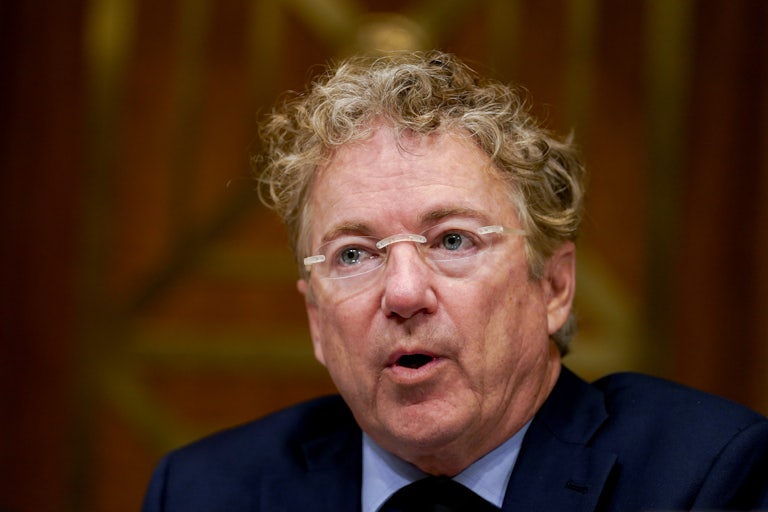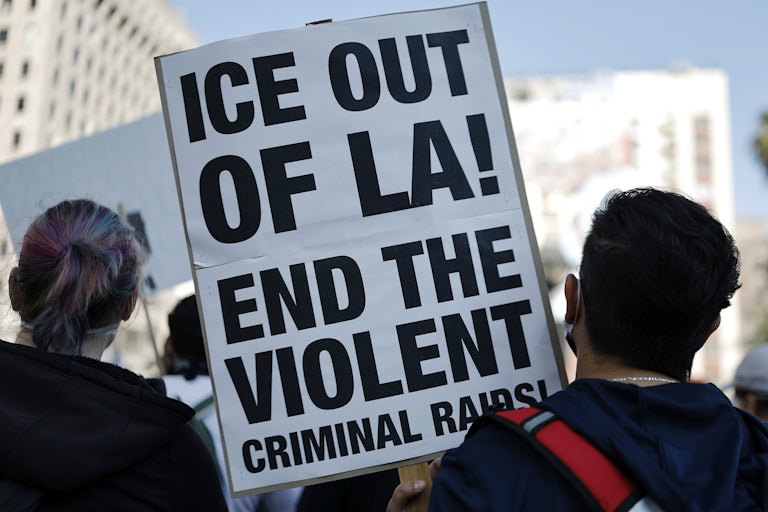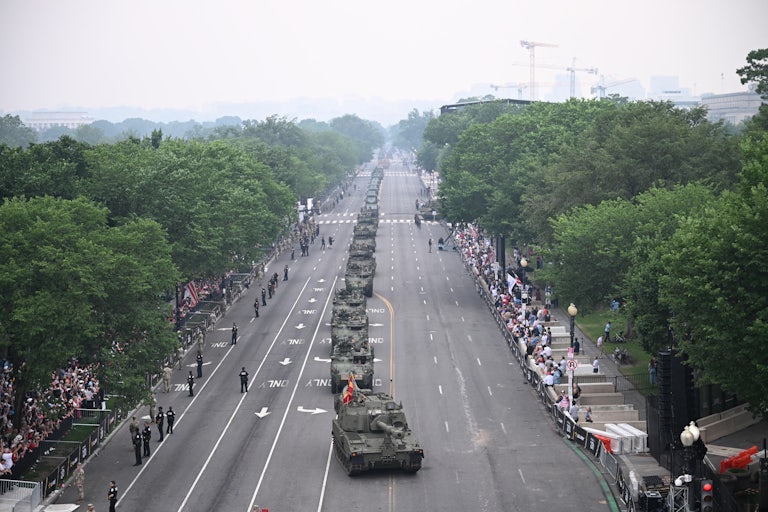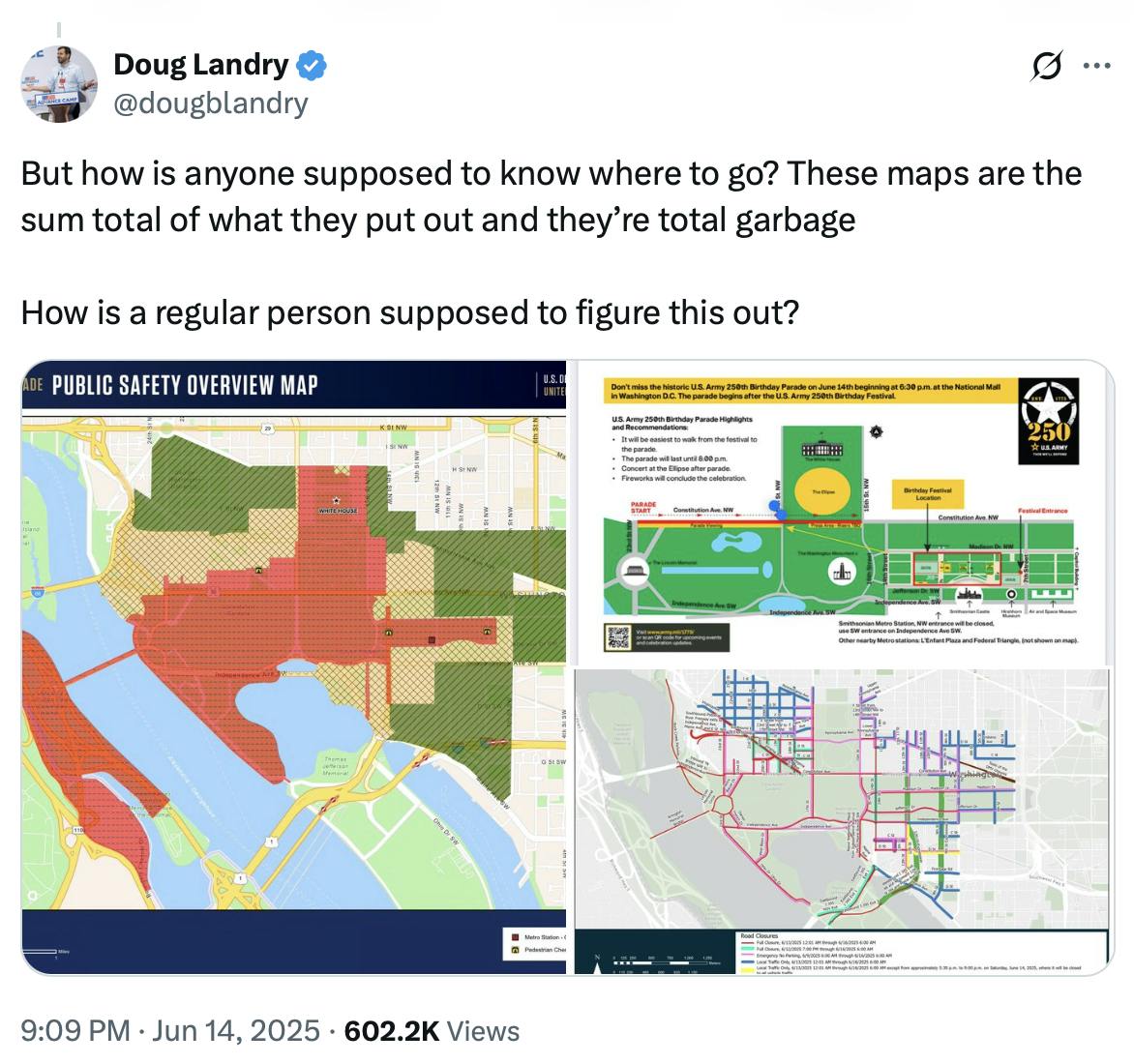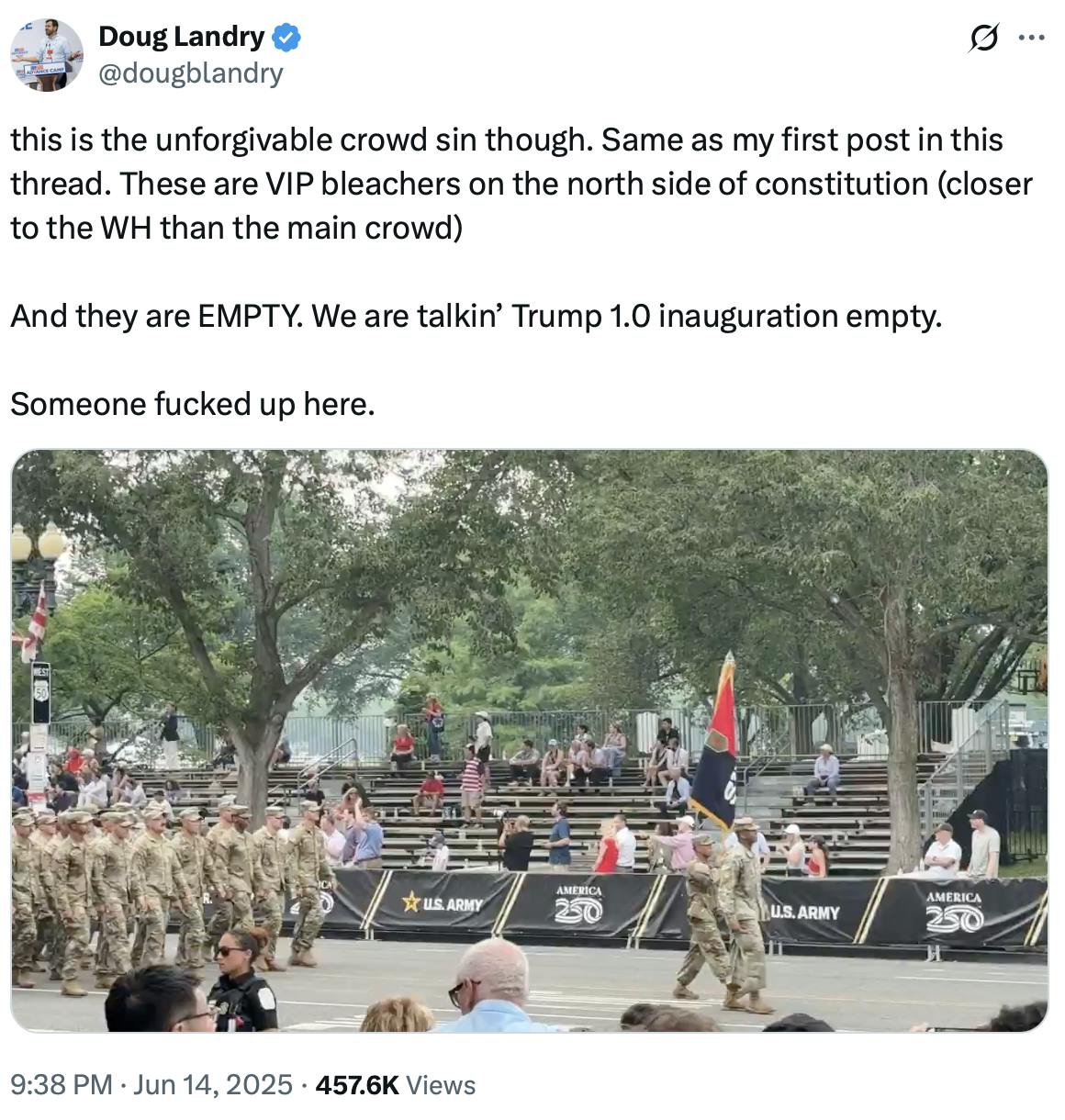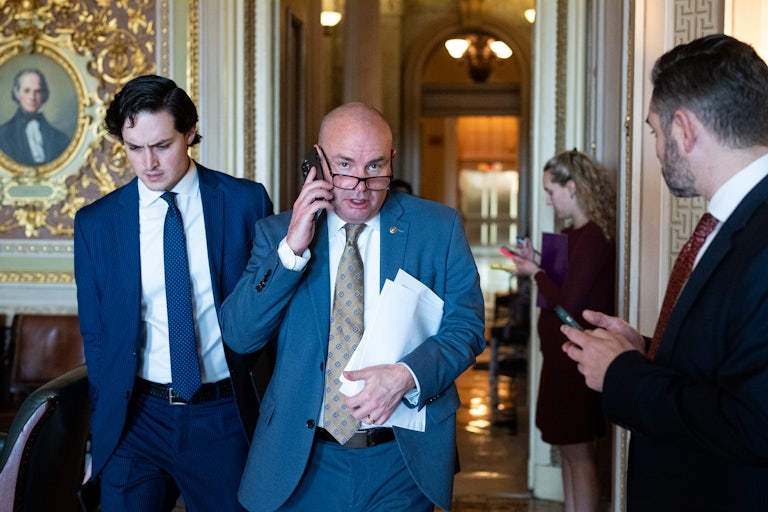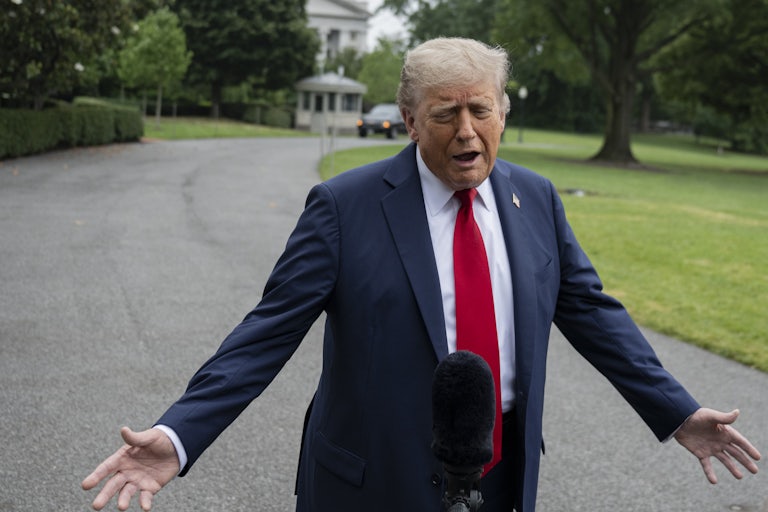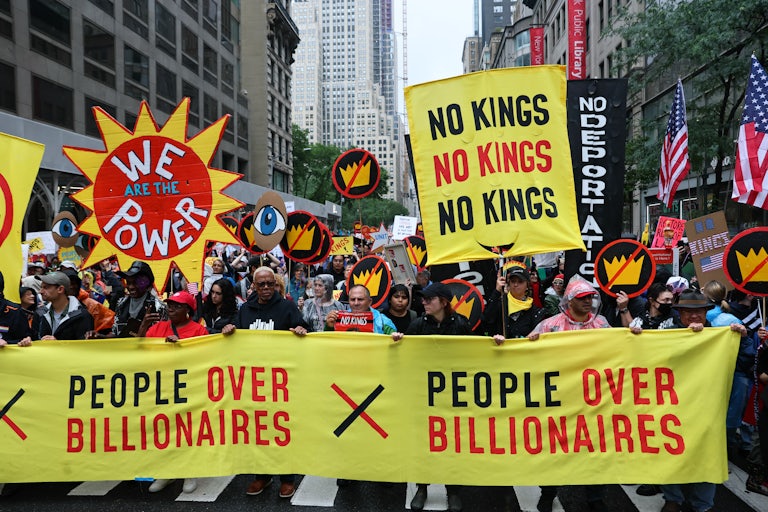Mark Carney Brutally Shuts Trump Down for Whining on Russia’s Behalf
Donald Trump kicked off the G7 meeting by shilling for Russia.
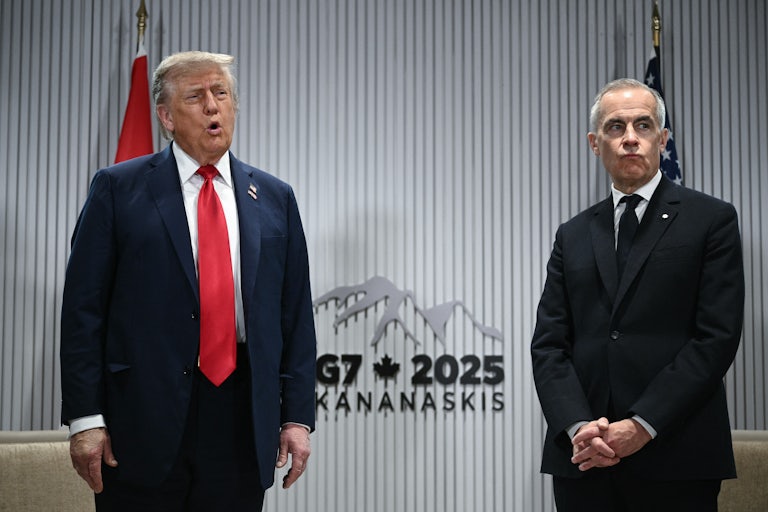
America’s leader decided to open the international G7 summit with a long complaint, seemingly in support of Russia.
Speaking before the global trade coalition, Donald Trump lamented that the group—which consists of Canada, France, Germany, Italy, Japan, the United Kingdom, and the United States—would not allow Russia to join its ranks.
“The G7 used to be the G8,” Trump said. “Barack Obama and a person named Trudeau didn’t want to have Russia in, and I would say that that was a mistake, because I think you wouldn’t have a war right now if you had Russia in,” he added, referring to the former Canadian Prime Minister Justin Trudeau.
The seven other members of the then G8 suspended Russia’s membership in 2014 as punishment for Moscow’s annexation of Crimea. But Trump doesn’t seem to have as many qualms about Russia’s efforts to seize neighboring territories.
“And you wouldn’t have a war right now if Trump were president four years ago, but it didn’t work out that way,” he continued, referring to the Russian invasion of Ukraine. “But it used to be the G8, and now it’s, I guess, what’s that, nine years ago? Eight years ago? They threw Russia out, which I claimed was a very big mistake even though I wasn’t in politics then. I was very loud about it.
“You spend so much time talking about Russia, and he’s no longer at the table, so it makes life more complicated, but you wouldn’t have had the war,” Trump added.
Trump with Mark Carney: "The G7 used to be the G8. Barack Obama and a person named Trudeau didn't want to have Russia in, and I would say that was a mistake, because I think you wouldn't have a war right now if you had Russia in." pic.twitter.com/RZHnmHtgfp
— Aaron Rupar (@atrupar) June 16, 2025
As Trump’s rant continued, the summit’s leadership stepped in to intervene.
“I’m going to exercise my role, if you will, as G7 chair,” Canadian Prime Minister Mark Carney said as reporters continued to shout questions at the U.S. president about the escalating Iran-Israel conflict.
The U.S. has played a weaker and weaker hand in its game against Russia since Trump’s inauguration. On the campaign trail, Trump pledged to end the war in Ukraine within 24 hours of returning to power—but that hasn’t been the case.
Instead, Trump’s aggression toward Ukraine (which included scolding and mocking Ukrainian President Volodymyr Zelenskiy in a livestreamed White House meeting) and his repeated concessions on Russia’s enduring violence have been interpreted by Kremlin propagandists as a massive win for Russian President Vladimir Putin, resulting in televised laughter on Russian programs at the downfall of American power.
In the months since he took office, Trump has claimed that Russia has come ready and willing to reach a peace deal, even though many of its demands—such as staking a Russian flag in Crimea—reverse long-standing U.S. policy.
Following a deadly airstrike on Kyiv last month, European leaders urged Western countries to enact sanctions on Moscow as a way to reel Putin back to the negotiating table. But Trump responded by wringing his hands, claiming that applying pressure on Russia would “hurt” a deal.
Just about everyone in the U.S.—including Trump’s own party—wants the White House to act. By late May, Senate Republicans resorted to begging Trump to take a stand against Russia while they mulled over the possibility of going over his head to enact the internationally recommended sanctions. Senate Majority Leader John Thune announced last week that the upper chamber would begin work on a sanctions bill sometime this month.
Those realities pushed Senator Mitch McConnell into a terse exchange with Defense Secretary Pete Hegseth last week, in which the high-ranking Republican questioned the Cabinet official regarding which side the White House actually wanted to win.
